
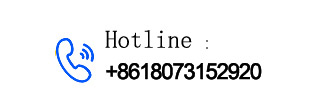
— Blogs —
—Products—
 Consumer hotline +8618073152920
Consumer hotline +8618073152920 WhatsApp:+8615367865107
Address:Room 102, District D, Houhu Industrial Park, Yuelu District, Changsha City, Hunan Province, China
Product knowledge
Time:2025-09-03 18:19:42 Popularity:565
Dust buildup on solar panels and monitoring equipment reduces efficiency and accuracy. Dust IQ sensors provide real-time data on dust accumulation, helping businesses optimize cleaning schedules and maximize performance.
Here’s everything buyers need to know before purchasing Dust IQ sensors.
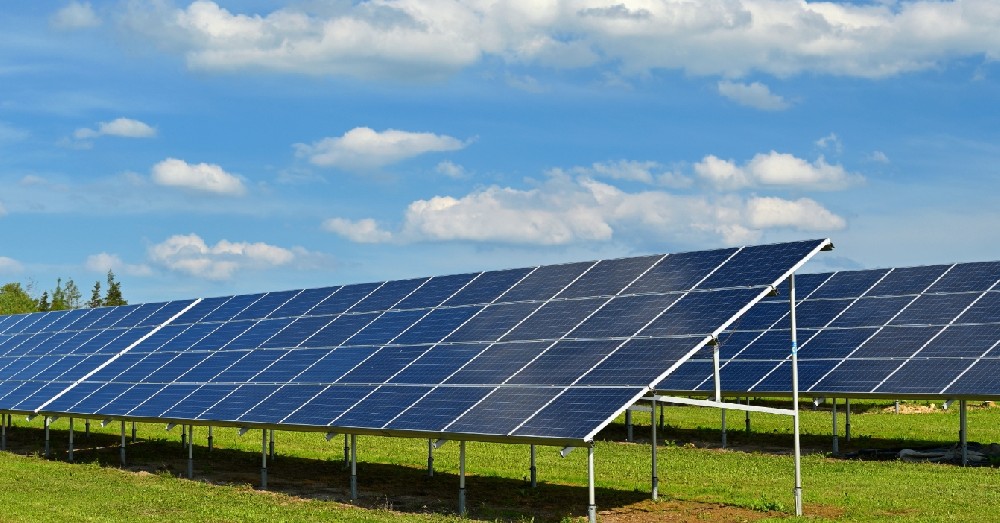
- Solar power plants – Monitor soiling losses on solar panels to reduce efficiency degradation.
- Agriculture – Evaluate the impact of dust on greenhouse environments, crops, and equipment performance.
- Environmental monitoring – Measure the effect of dust on air quality sensors to support health and safety regulations.
1. Measurement Accuracy
Dust IQ sensors can detect soiling losses as low as 1–2%, allowing for early intervention before efficiency drops significantly.
2. Durability
Choose sensors with IP65/IP67 rated housing, ensuring they can withstand outdoor environments and harsh conditions without compromising on performance.
3. Connectivity
Ensure that the sensors support common connectivity options like RS485, LoRa, or 4G transmission for easy integration with your existing infrastructure or network.
4. Low Maintenance
Dust IQ sensors should require minimal calibration and low maintenance, reducing overall operational costs and ensuring long-term functionality.
5. Data Integration
Look for sensors that are compatible with SCADA (Supervisory Control and Data Acquisition) systems or IoT platforms to allow seamless integration with your existing data management systems.

- Entry-level Dust IQ sensors: $800–$1,500
Ideal for small-scale applications or low-budget projects.
- Mid-range smart sensors: $1,500–$3,000
Offer more advanced features and higher accuracy for mid-sized projects.
- High-end industrial solutions: $3,000–$7,000+
Built for large-scale, industrial environments that demand high precision and maximum durability.
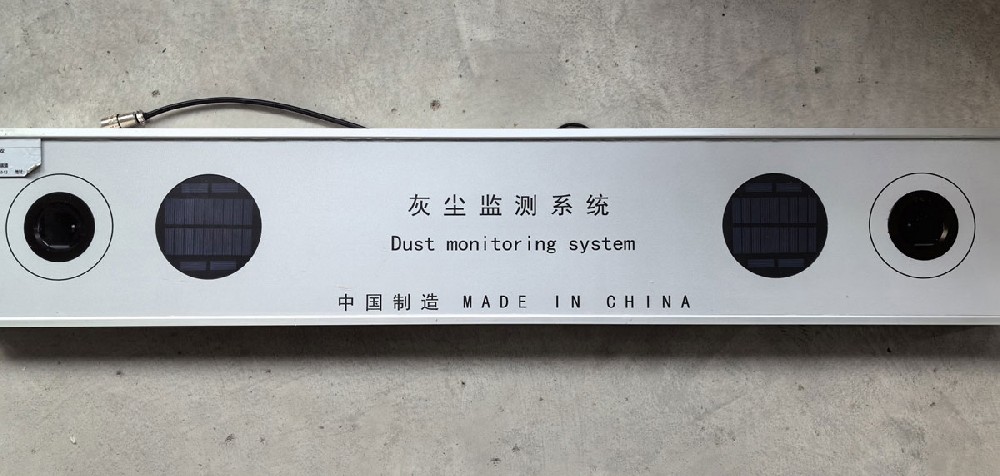
Ensure the supplier has a solid track record of providing sensors for industries like solar power, agriculture, and environmental monitoring.
Check that the sensors are calibrated to industry standards and come with proper certifications, ensuring their accuracy and reliability.
A reliable supplier should offer comprehensive technical support and after-sales service to assist with installation, troubleshooting, and maintenance.
Request examples of past projects or case studies to evaluate the supplier's experience and the effectiveness of their Dust IQ sensors in real-world applications.
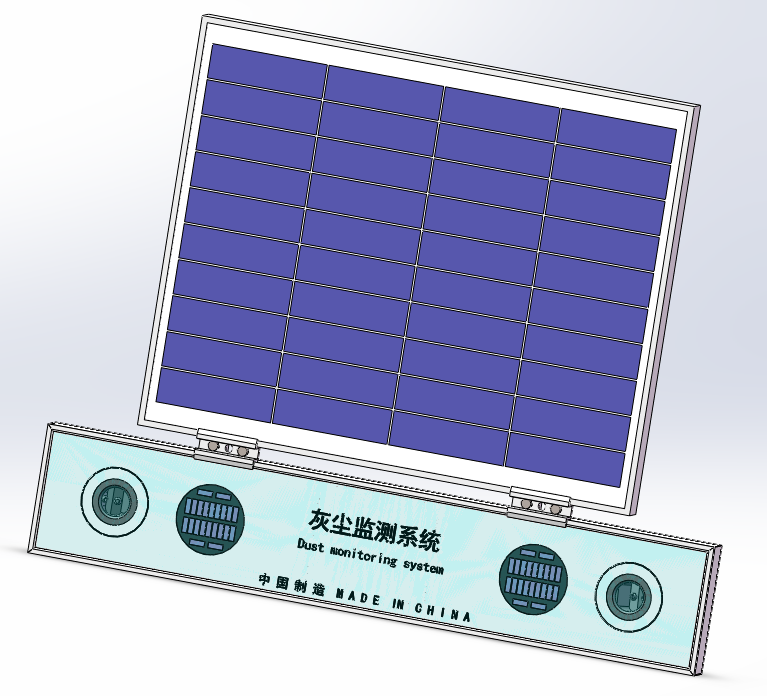
Dust IQ sensors are essential for projects where dust accumulation directly impacts performance and ROI. Buyers should prioritize measurement accuracy, sensor durability, ease of data integration, and supplier reliability when selecting sensors. Whether for solar power plants, agricultural applications, or environmental monitoring, the right Dust IQ sensor can significantly improve performance and reduce costs over time.

Additional Considerations:
- Real-time Alerts: Some advanced Dust IQ sensors provide real-time alerts when dust accumulation reaches critical levels, helping you take timely actions.
- Energy Efficiency: Opt for energy-efficient sensors, especially for solar-powered installations, to minimize the overall energy consumption of your monitoring systems.
- Scalability: Consider whether the sensors can be easily scaled to meet the needs of larger projects or additional installations in the future.
- Long-term ROI: Look at the potential savings in cleaning and maintenance costs as well as improved system performance when evaluating the long-term value of Dust IQ sensors.
Prev:How to Negotiate Bulk Pricing for Weather Stations (B2B Guide)
Next:Duct Temperature and Humidity Sensors: Cost and Applications
Related recommendations
Sensors & Weather Stations Catalog
Agriculture Sensors and Weather Stations Catalog-NiuBoL.pdf
Weather Stations Catalog-NiuBoL.pdf
Related products
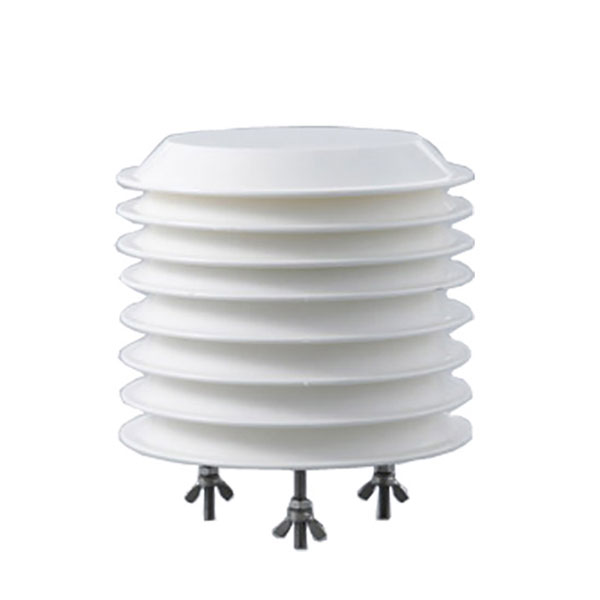 Combined air temperature and relative humidity sensor
Combined air temperature and relative humidity sensor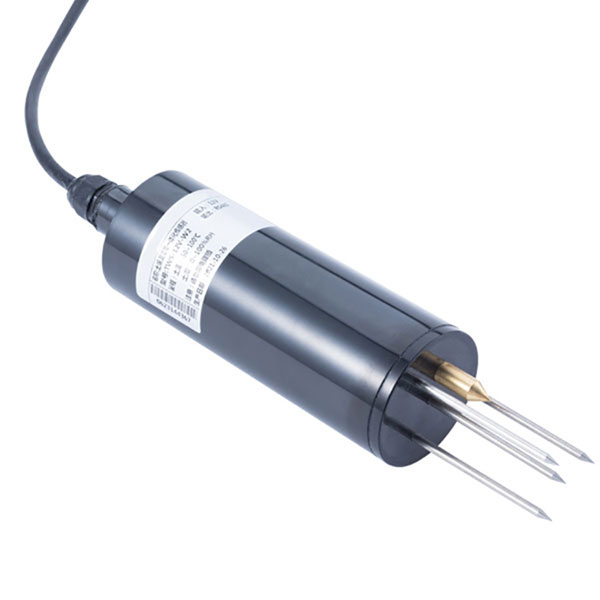 Soil Moisture Temperature sensor for irrigation
Soil Moisture Temperature sensor for irrigation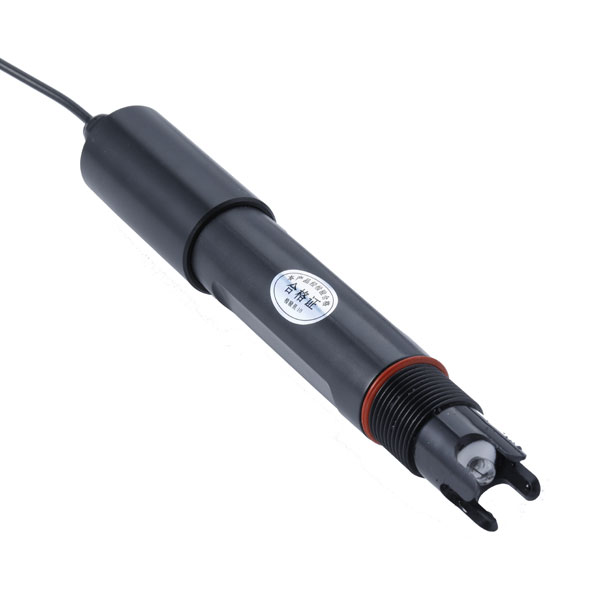 Soil pH sensor RS485 soil Testing instrument soil ph meter for agriculture
Soil pH sensor RS485 soil Testing instrument soil ph meter for agriculture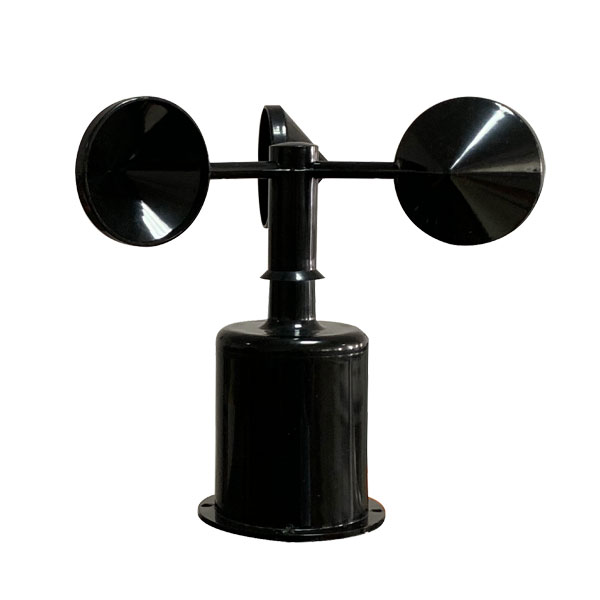 Wind Speed sensor Output Modbus/RS485/Analog/0-5V/4-20mA
Wind Speed sensor Output Modbus/RS485/Analog/0-5V/4-20mA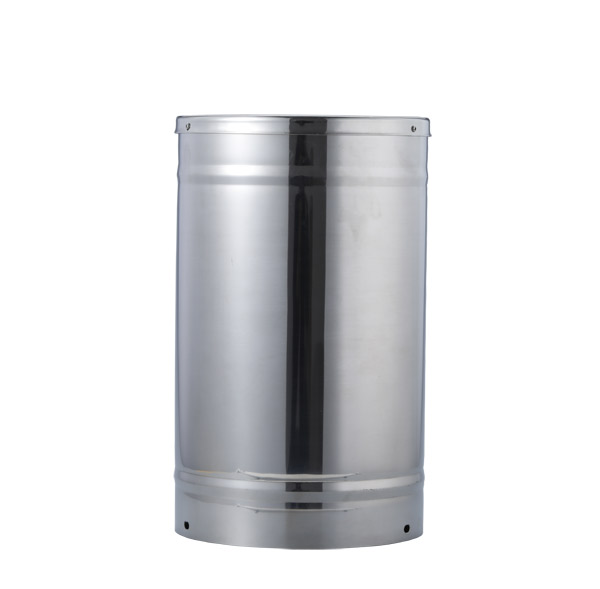 Tipping bucket rain gauge for weather monitoring auto rainfall sensor RS485/Outdoor/stainless steel
Tipping bucket rain gauge for weather monitoring auto rainfall sensor RS485/Outdoor/stainless steel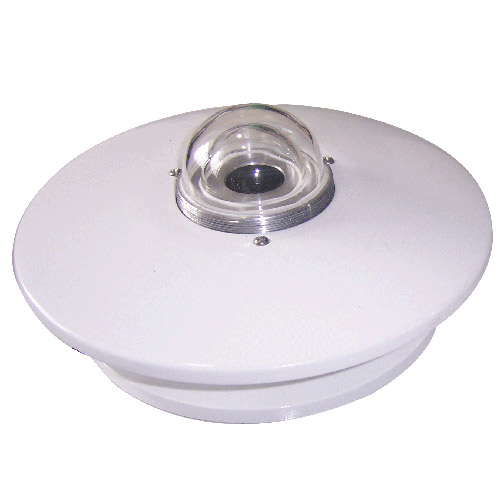 Pyranometer Solar Radiation Sensor 4-20mA/RS485
Pyranometer Solar Radiation Sensor 4-20mA/RS485
Screenshot, WhatsApp to identify the QR code
WhatsApp number:+8615367865107
(Click on WhatsApp to copy and add friends)
